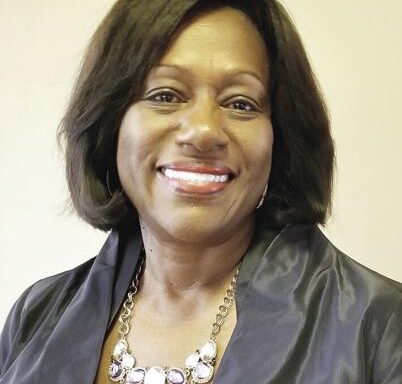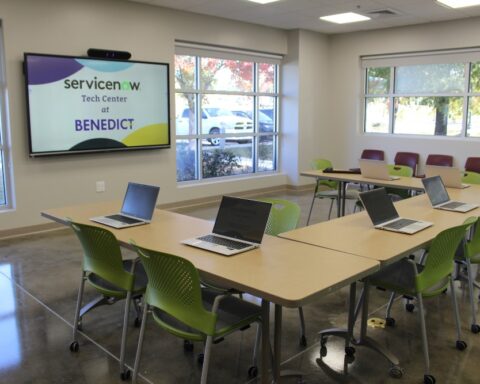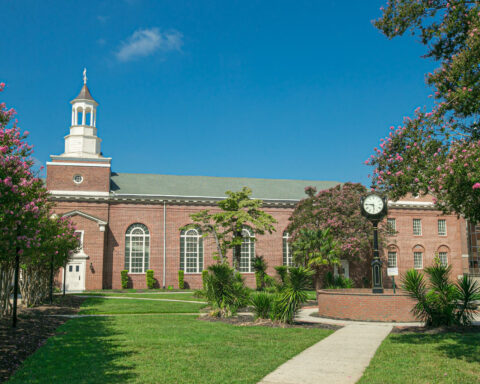Courtesy of Benedict College
Benedict College announced the school received $2,893,457 in funding from the National Telecommunications and Information Administration for the implementation of a pilot program titled Connecting Minority Communities and Innovations Initiative. The initial program implementation will span over a two-year period.
Since the onset of COVID-19, the landscape of higher education in the United States has been altered, particularly among private Historically Black Colleges and Universities (HBCUs) such as Benedict College. There are millions of Americans affected by the digital divide. Statistics indicate those who live below or at the poverty level in South Carolina (324,623 people) technologically lag behind other socioeconomic groups. It was found that 40% of these individuals do not have internet access, while in Richland County, where Benedict College is located, 31.2% are also not connected.
“The coronavirus exacerbated digital inequities and revealed significant challenges in the African American community in particular, said Dr. Roslyn Clark Artis, President and CEO of Benedict. “In 2020, we saw firsthand how the lack of broadband access affected our students, faculty, staff, and community. Our goal is to narrow the digital divide for low-income students at Benedict College and those adults and students surrounding the campus.”
“High-speed internet service is going to create opportunities, increase productivity, and improve lives, particularly in communities that have too often been left behind,” said Deputy Secretary of Commerce Graves. “At the Commerce Department, we’re committed to seeing investments from initiatives like the Connecting Minority Communities program create opportunities for good jobs supported by equitable hiring, fair compensation, safe workplaces, and the tools and training needed for long-term success.”
“We will employ IT improvements to the broadband infrastructure on campus, develop a Community Learning Center for the surrounding community and implement a Loan Device Program for laptop computers with hot spots,” said Dr. Leon Geter, Director of the Center for Cybersecurity, Chair of the Criminal Justice, Arts, and Social Sciences Department and the lead Principal Investigator for this grant.
“The Internet is essential for access to work, to education, to healthcare, and to justice,” said Assistant Secretary of Commerce for Communications and Information Alan Davidson. “Our Connecting Minority Communities program is about equipping students and the surrounding communities with the skills, the devices, and the capacity needed to reap the full benefits of our digital economy.”
The Connecting Minority Communities program is part of the Biden-Harris Administration’s Internet for All initiative that will connect everyone in America with affordable, reliable high-speed Internet service. This program specifically directs $268 million from the Consolidated Appropriations Act of 2021 for expanding high-speed Internet access and connectivity to eligible Historically Black Colleges or Universities (HBCUs), Tribal Colleges or Universities (TCUs), and Minority-serving institutions (MSIs)





